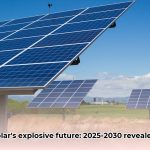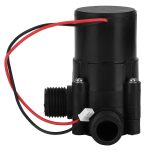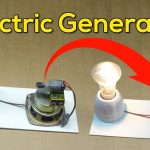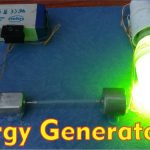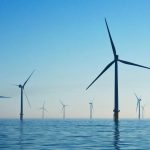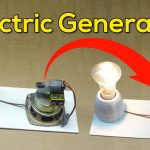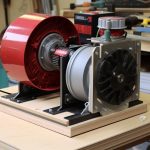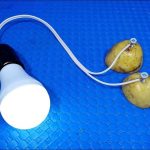Considering a career shift into a future-proof industry? Thinking about ‘what types of jobs are provided by wind energy’ might just be your next best move. The wind energy sector isn’t just about turbines; it’s a growing ecosystem of diverse roles, from skilled technicians to specialized engineers and project managers.
At a glance:
- Wind energy offers jobs spanning manufacturing, construction, engineering, and environmental science.
- Growth in wind energy translates directly into job creation across various skill levels.
- Specialized training and certifications can significantly boost your career prospects in this field.
- The industry needs both hands-on workers and technically skilled professionals.
- The rise of offshore wind is creating entirely new categories of jobs.
The Broad Spectrum of Wind Energy Careers
The wind energy industry is far more complex than just building windmills. It encompasses everything from initial research and development to final operations and maintenance. Each stage requires a specific skill set, contributing to a surprisingly diverse job market.
Manufacturing and Supply Chain
The production of wind turbines and their components generates the initial wave of job creation. These jobs involve precision manufacturing, quality control, and the efficient management of the supply chain to ensure parts arrive on time and within budget.
- Examples: Turbine blade manufacturers, generator assembly technicians, logistics coordinators.
- Skillset: Mechanical aptitude, attention to detail, understanding of manufacturing processes.
Site Assessment and Development
Before a wind farm can be built, experts need to assess potential locations for their wind resources and environmental impact. This involves data analysis, environmental studies, and navigating regulatory processes.
- Examples: Wind resource analysts, environmental impact assessment specialists, permitting specialists.
- Skillset: Data analysis software proficiency, understanding of environmental regulations, strong communication skills.
Construction and Installation
Bringing a wind farm to life demands a team of construction professionals who can safely and efficiently erect turbines, install electrical systems, and connect the farm to the grid.
- Examples: Turbine technicians, heavy equipment operators, electricians, civil engineers.
- Skillset: Ability to work at heights, familiarity with heavy machinery, electrical expertise, project management.
Operations and Maintenance (O&M)
Once a wind farm is operational, skilled technicians are needed to keep the turbines running smoothly. This includes routine maintenance, troubleshooting malfunctions, and performing repairs.
- Examples: Wind turbine technicians, SCADA (Supervisory Control and Data Acquisition) specialists, reliability engineers.
- Skillset: Mechanical and electrical troubleshooting skills, ability to work independently, understanding of turbine mechanics.
Engineering and Research
Continued innovation in wind energy requires engineers and researchers who can develop more efficient turbines, improve grid integration, and explore new technologies.
- Examples: Wind turbine design engineers, electrical engineers, materials scientists, power systems engineers.
- Skillset: Advanced engineering degrees, strong analytical skills, research experience.
The Rise of Offshore Wind and New Job Categories
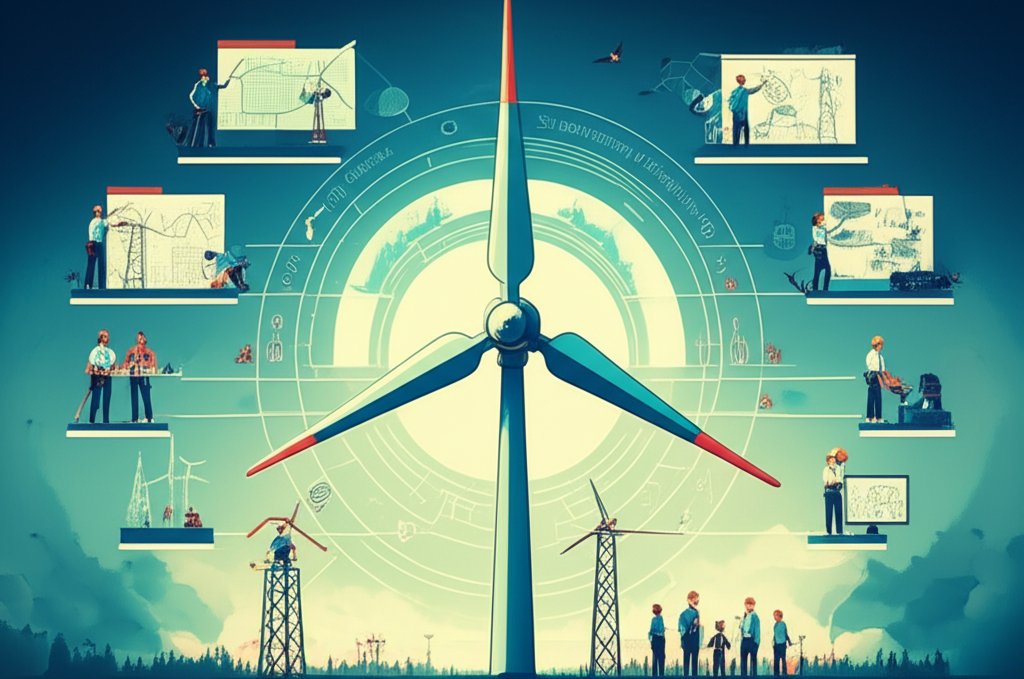
Offshore wind energy is a rapidly growing sector, bringing with it unique challenges and opportunities. Developing and maintaining wind farms in the ocean requires specialized expertise and creates entirely new types of jobs. Learn about Brush’s wind tech to see how far the industry has come.
- Examples: Underwater cable technicians, marine engineers, offshore platform operators, specialized vessel crews.
- Skillset: Seafaring experience, knowledge of marine environments, specialized training in offshore operations.
Navigating a Career in Wind Energy: A Practical Playbook
Ready to jump into a wind energy career? Here’s how to get started:
- Assess Your Skills: Identify your existing skills and how they might translate to a role in wind energy. Do you have a background in mechanics, electrical work, engineering, or project management?
- Identify Skill Gaps: Determine what additional training or certification you might need. Consider programs focused on wind turbine technology, renewable energy, or specific aspects of wind farm operations.
- Network: Connect with professionals in the wind energy industry. Attend industry events, join online forums, and reach out to people working in roles that interest you.
- Gain Hands-on Experience: Look for internships or entry-level positions that provide an opportunity to learn on the job. Even a short-term role can open doors to future opportunities.
- Specialize: As you gain experience, consider specializing in a specific area of wind energy. This could be anything from turbine maintenance to grid integration to environmental compliance.
Example:
- Scenario: Maria has a background in electrical engineering and is interested in working in wind energy.
- Steps:
- She researches the different types of electrical engineering roles in the industry (e.g., grid integration, turbine design).
- She identifies a gap in her knowledge related to wind turbine technology.
- She enrolls in a short course on wind turbine fundamentals.
- She networks with engineers at a local wind farm.
- She applies for an entry-level position as a grid integration engineer.
Common Pitfalls to Avoid:
- Lack of Specialized Training: Don’t assume that general engineering or technical skills are enough. Wind energy requires specific knowledge and expertise.
- Ignoring Safety Standards: Safety is paramount in the wind energy industry. Familiarize yourself with safety protocols and regulations before starting any job.
- Underestimating the Physical Demands: Many wind energy jobs involve working at heights, in confined spaces, and in challenging weather conditions.
Understanding Certification
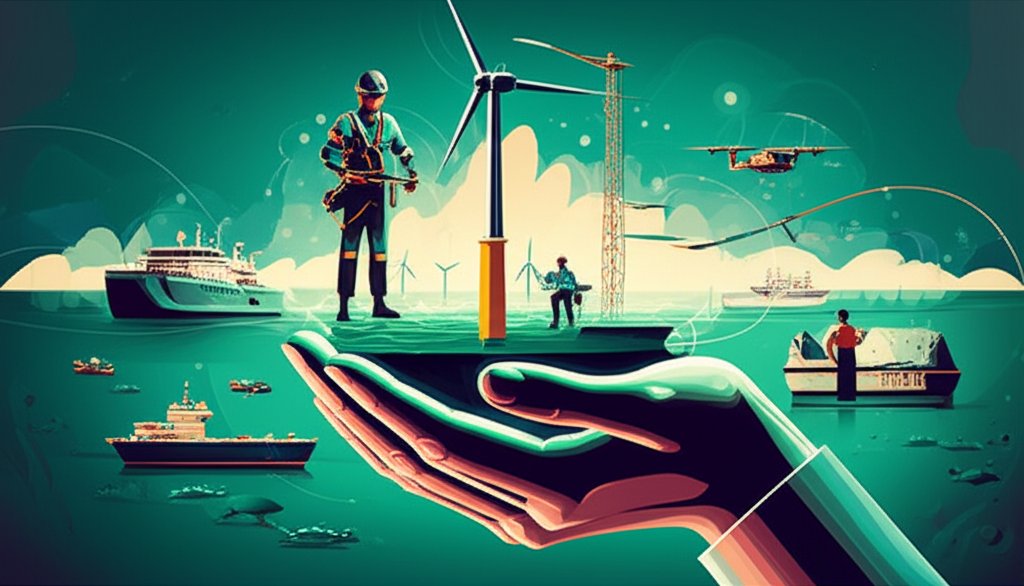
Many wind energy jobs require specific certifications to demonstrate competency and ensure safety.
| Certification | Description | Target Audience |
|---|---|---|
| Global Wind Organisation (GWO) | Basic Safety Training (BST) covering first aid, fire awareness, and working at heights | Wind turbine technicians, construction workers |
| North American Board of Certified Energy Practitioners (NABCEP) | PV Installation Professional, and other renewable energy certifications | Installers, designers, and sales reps |
| Certified Energy Manager (CEM) | Focuses on energy efficiency and management | Energy managers, facility managers |
Quick Answers: FAQs About Wind Energy Jobs
Q: What are the most in-demand jobs in the wind energy industry?
A: Wind turbine technicians, data analysts, and project managers are consistently in high demand. As the industry grows, there’s also an increasing need for skilled workers in areas like offshore wind and grid integration.
Q: Do I need a college degree to work in wind energy?
A: Not always. Many entry-level technician positions require a vocational or technical degree. However, engineering, research, and management roles typically require a bachelor’s or master’s degree.
Q: What’s the salary potential in the wind energy industry?
A: Salaries vary depending on the role, experience level, and location. However, wind energy jobs generally offer competitive salaries and benefits. For example, wind turbine technicians can earn a median salary in the range of $56,000 to $75,000 per year, while engineers can earn significantly more.
Q: Is the wind energy industry a stable career path?
A: Yes. With the increasing global focus on renewable energy, the wind energy industry is expected to continue growing in the coming years. This growth translates into job security and career advancement opportunities.
Your Next Move in Wind Energy
The wind energy sector provides a wide range of job opportunities for people with varied skill sets and levels of experience. You have the option to work in manufacturing, construction, operations, engineering, or research. With the necessary training and qualifications, you can get a long-term, satisfying career that helps pave the way for a cleaner, more sustainable future. Now is the time to investigate your options and determine whether wind energy is the proper career choice for you.
- Portable Hydroelectric Generators Harness Nature for Off-Grid Power - February 21, 2026
- Generate Free Electricity for Home From Renewable Sources - February 18, 2026
- Micro-Hydro Offers Cheapest Home Electricity if You Have a Stream - February 17, 2026




